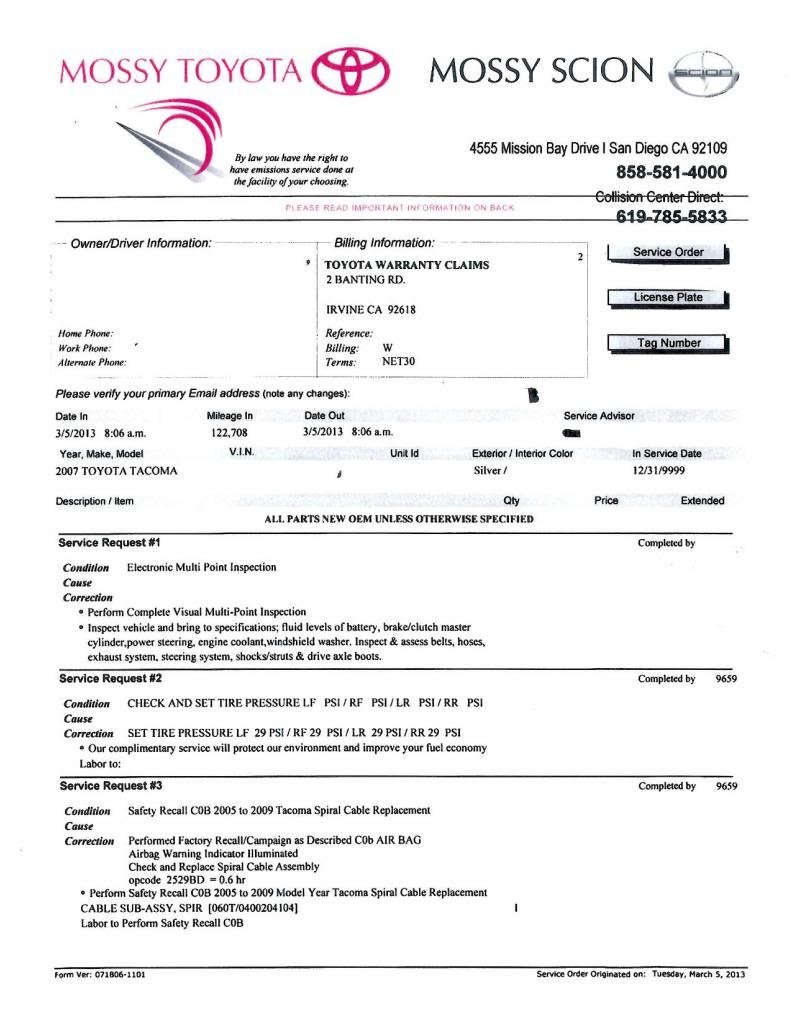Encountering issues with your 2005 Toyota Solara’s OBD2 port can be a frustrating roadblock, especially when you need to diagnose a check engine light or perform routine maintenance. A non-functional OBD2 port prevents communication with your vehicle’s computer system, hindering your ability to read diagnostic trouble codes (DTCs) and monitor crucial engine parameters. If you’re facing this problem, you’re likely wondering why your scan tool won’t connect and how to get your OBD2 port working again. This guide will walk you through common causes and troubleshooting steps to help you diagnose and potentially resolve a non-responsive OBD2 port in your Toyota Solara.
One of the first and simplest steps is to check your vehicle’s fuses. The OBD2 port is powered by a fuse, and a blown fuse is a common culprit for a port that suddenly stops working. Consult your Toyota Solara’s owner’s manual to locate the fuse box and identify the fuse associated with the diagnostic port or cigarette lighter, as they often share the same circuit. Use a fuse puller or needle-nose pliers to carefully remove the fuse and inspect it. If the small wire inside the fuse is broken, replace it with a fuse of the same amperage rating.
Beyond fuses, wiring issues can also lead to OBD2 port malfunctions. The OBD2 port is connected to your Solara’s computer (ECU) via a network of wires. Damage to these wires, such as shorts, breaks, or corrosion, can interrupt the communication signal. Inspect the wiring harness around the OBD2 port for any visible damage. If you’ve recently installed aftermarket accessories, particularly audio systems or alarms, these could potentially interfere with the OBD2 port’s wiring. Incorrectly wired aftermarket devices can sometimes draw power from or interfere with the circuits connected to the OBD2 port, causing communication problems.
In some cases, dealerships may encounter OBD2 communication issues during routine services like recalls or software updates. Technicians might suspect aftermarket electrical modifications as a potential source of interference, especially if they detect unusual electrical readings from the OBD2 port. They may advise disconnecting aftermarket accessories to rule out electrical conflicts before proceeding with further diagnostics or ECU reflashing. This precaution is to prevent potential damage to the ECU during software updates if there are underlying electrical issues.
For a more in-depth diagnosis, a multimeter can be a valuable tool. You can use a multimeter to check for power and ground at the OBD2 port pins. A wiring diagram for your 2005 Toyota Solara’s OBD2 port pinout will be essential for this step, outlining which pins should have power and ground. By systematically testing each pin, you can identify if there are any breaks in the power or ground circuits reaching the port. This can help pinpoint whether the issue lies in the wiring, the fuse box, or potentially a more complex ECU related problem.
In conclusion, a non-working OBD2 port on your 2005 Toyota Solara can stem from simple issues like a blown fuse to more complex electrical problems. Starting with fuse inspection and checking for aftermarket wiring interference are good first steps. If these don’t resolve the issue, using a multimeter and wiring diagrams to test the OBD2 port pins will provide more detailed insights. If you’re uncomfortable with electrical troubleshooting, seeking professional help from a qualified mechanic is recommended to accurately diagnose and repair the OBD2 port issue and ensure proper communication with your vehicle’s computer system.
